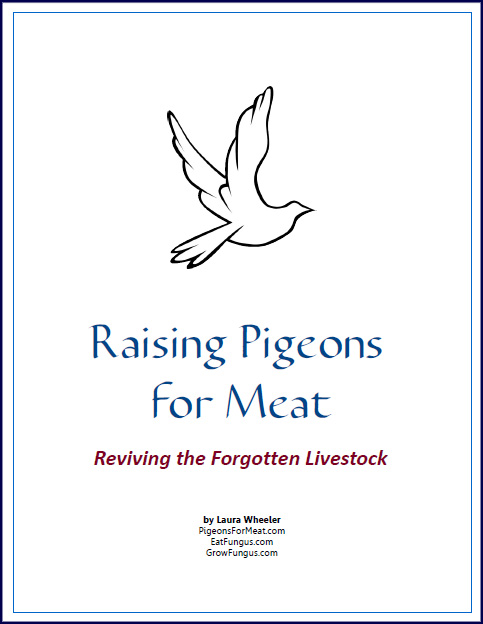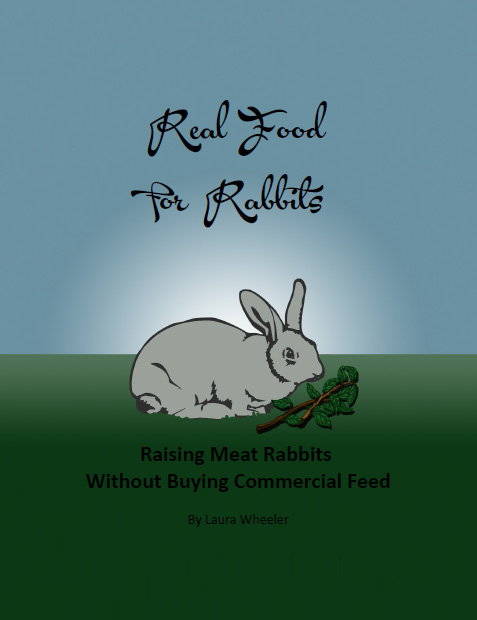Click to Download Your Free Heritage Pickling and Culturing e-Book Now!
Instant Download, NO Registration Required!
Nuts and Legumes
There is a modern idea that nuts are somehow a replacement for meats, and that a person can have a balanced diet by having nuts on a frequent basis. Legumes also are used as a meat replacement, and are processed into all manner of protein substances. Neither one actually does the job of meat replacer, since they lack vital animal fats, and since the proteins are not used by the body in the same manner as meat proteins. Many people simply lack the ability to convert bean proteins to usable muscle protein.
Historically, nuts were difficult to harvest in large quantities, and limited to one or two varieties in any given region. They were a supplemental food, used sparingly through the year, and NEVER a dietary staple or consistent daily protein source. Even today, they are expensive, limited in availability, and not agriculturally or economically sustainable to use as a significant portion of the human diet.
Legumes were used as a vegetable, not as a meat, and were NOT heavily used until crops were cultivated under commercial agriculture. Until that time, it was simply too inconvenient to raise large quantities of beans, and shelling them out is time consuming - there simply are not enough hours in the day to process enough beans by hand for them to make up a large portion of the winter diet, unless you are using machinery to do so. This is why traditional recipes are not "bean" recipes so much as "soup with beans", where the beans are simply another ingredient in a dish with MANY ingredients. Chili, baked beans, pork and beans, and even lima beans and ham, are relatively new dishes, popularized after industrialization of agriculture and the industrialization of harvest processing.
Beans do store well, and have been a winter staple for many centuries, but not by themselves. They have always been combined with a variety of vegetables (dried or winter stored), or with meats (beans with cured meats are a tradition in MANY cultures). It is important to understand though, that depending on large amounts of beans in your diet for protein sources is also NOT agriculturally sustainable outside of industrialized agriculture, because beans are land intensive, equipment intensive, and generally herbicide intensive. They do return some nitrogen to the soil, but they also prefer rich soil for growth, and they are not a sustainable form of fertilization of land (they don't return enough to replace animal manure as a sustainable fertilizer).
Beans and nuts are good food, and definitely have a place in a balanced and healthy diet. They may be foods that cause digestive problems sooner than others when a person has significant chronic digestive or metabolic illness.
They are not meant to be daily staples, and never have been in any sustained culture. They are one of many vegetable foods that are used in combination with other foods to add variety, both in nutrition and in taste.
Notice
The information on this site is presented for informational purposes only, and consists of the opinions and experiences of the site authors. It is not to be construed as medical advice or to be used to diagnose or treat any illness. Seek the assistance of a medical professional in implementing any nutritional changes with the goal of treating any medical condition. The historical and nutritional information presented here can be verified by a simple web search.
I do what I do because I understand the science behind it, and I've researched worldwide sources to verify the safety of my practices to my own satisfaction. Please do your own research, and proceed AT YOUR OWN RISK.







